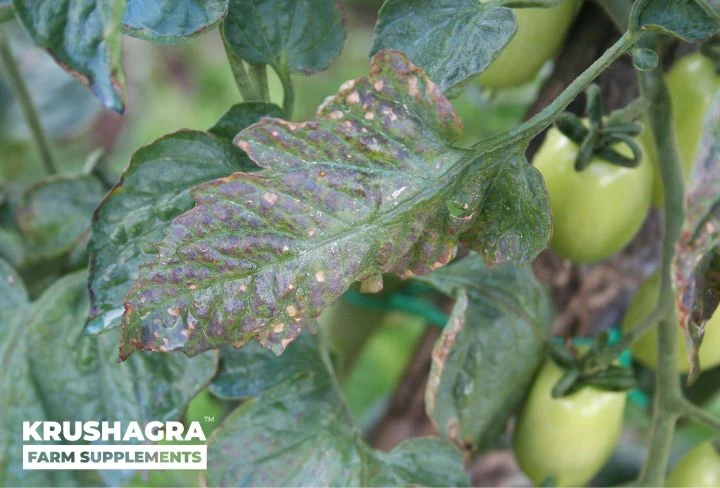Introduction
Downy mildew is a common fungal disease that affects horticulture and floriculture crops. It is caused by various species of the Oomycetes class of fungi, and it thrives in cool, damp conditions. Downy mildew can cause significant crop damage, leading to yield losses and economic losses for growers. Chemical pesticides have traditionally been used to control downy mildew, but concerns about their environmental impact and potential harm to human health have led to the development of alternative approaches, such as biopesticides.
How Biopesticides Control Downy Mildew
Biopesticides can control downy mildew in several ways. Firstly, some biopesticides contain living microorganisms that colonize the plant surface and compete with the downy mildew pathogen for space and nutrients. This can limit the growth and spread of the downy mildew fungus.
Secondly, some biopesticides contain compounds that inhibit the growth and development of the downy mildew pathogen. For example, certain plant extracts contain compounds that have antifungal properties and can disrupt the cell membranes of the downy mildew fungus, leading to its death.
Thirdly, some biopesticides can stimulate the plant’s own defense mechanisms against downy mildew. For example, some bacterial biopesticides contain beneficial bacteria that can activate the plant’s natural defense pathways, making it more resistant to downy mildew infection.
Biopesticides for Downy Mildew Control in Horticulture and Floriculture Crops
There are several biopesticides that have been developed for downy mildew control in horticulture and floriculture crops. Some of the most promising include:
Bacillus subtilis-based biopesticides
Bacillus subtilis is a beneficial bacterium that colonizes the plant surface and stimulates the plant’s natural defense mechanisms. Several biopesticides containing Bacillus subtilis have been developed for downy mildew control in crops such as grapes, cucumbers, and lettuce.
Plant extract-based biopesticides
Plant extracts such as neem oil, garlic oil, and cinnamon oil have been shown to have antifungal properties and can effectively control downy mildew in crops such as tomatoes, grapes, and cucumbers.
Trichoderma-based biopesticides
Trichoderma is a fungus that is naturally found in the soil and can inhibit the growth of downy mildew fungi. Several biopesticides containing Trichoderma have been developed for downy mildew control in crops such as cucumbers and grapes.
Conclusion
Biopesticides offer a safe and effective alternative to chemical pesticides for the control of downy mildew in horticulture and floriculture crops. They work by colonizing the plant surface, inhibiting the growth of the downy mildew pathogen, and stimulating the plant’s own defense mechanisms. Several biopesticides have been developed for downy mildew control in crops such as grapes, cucumbers, and tomatoes, and they offer growers a more sustainable and environmentally friendly approach to crop protection.





